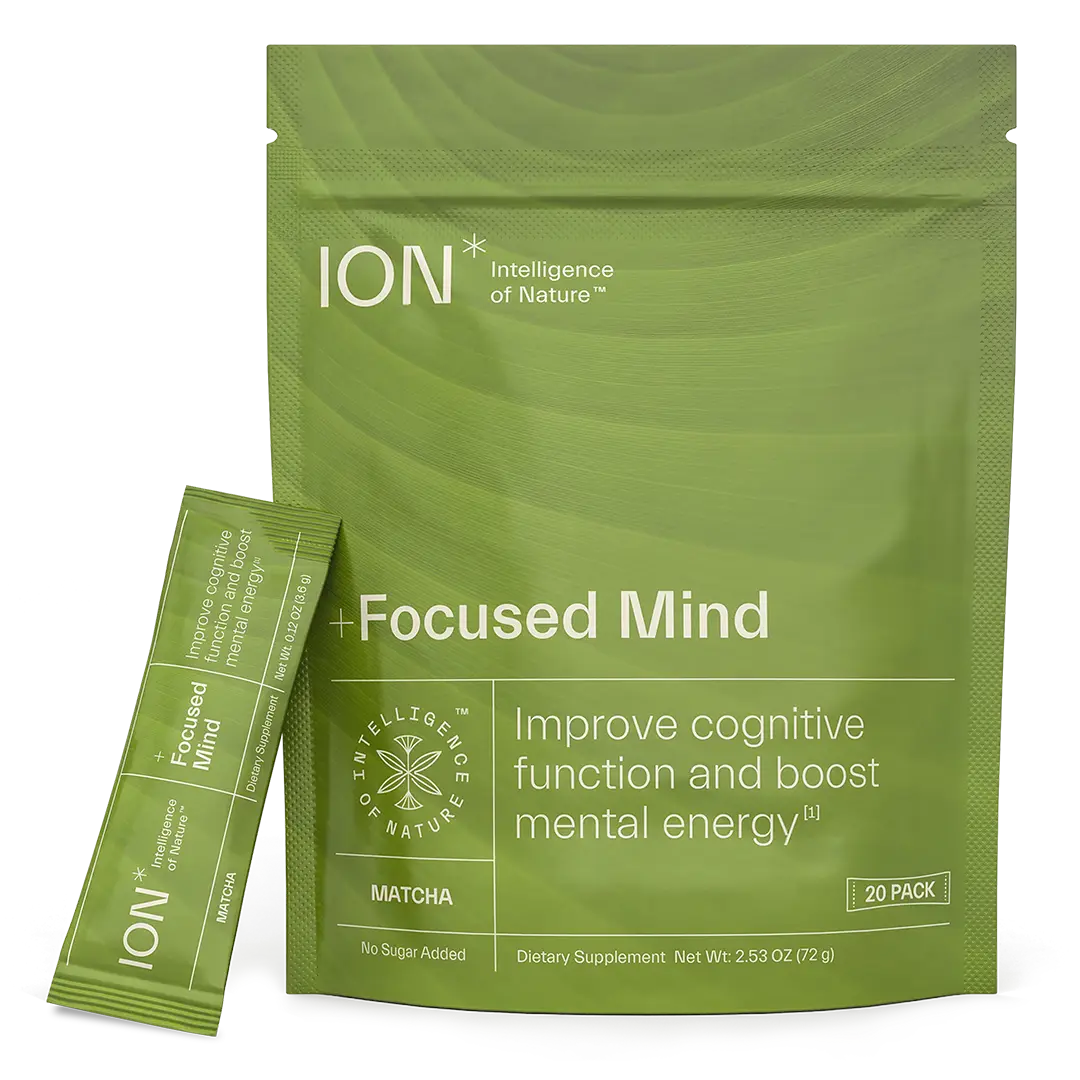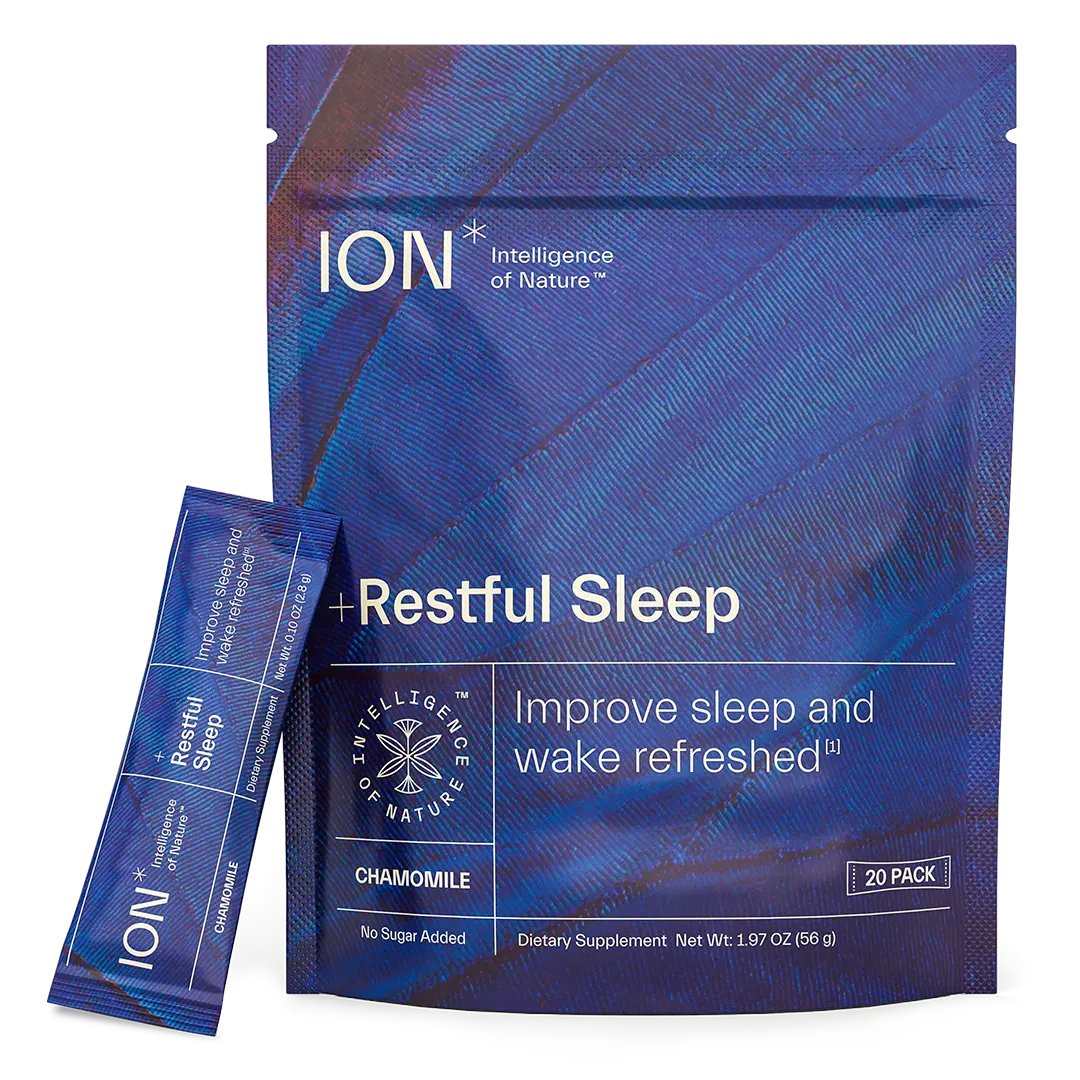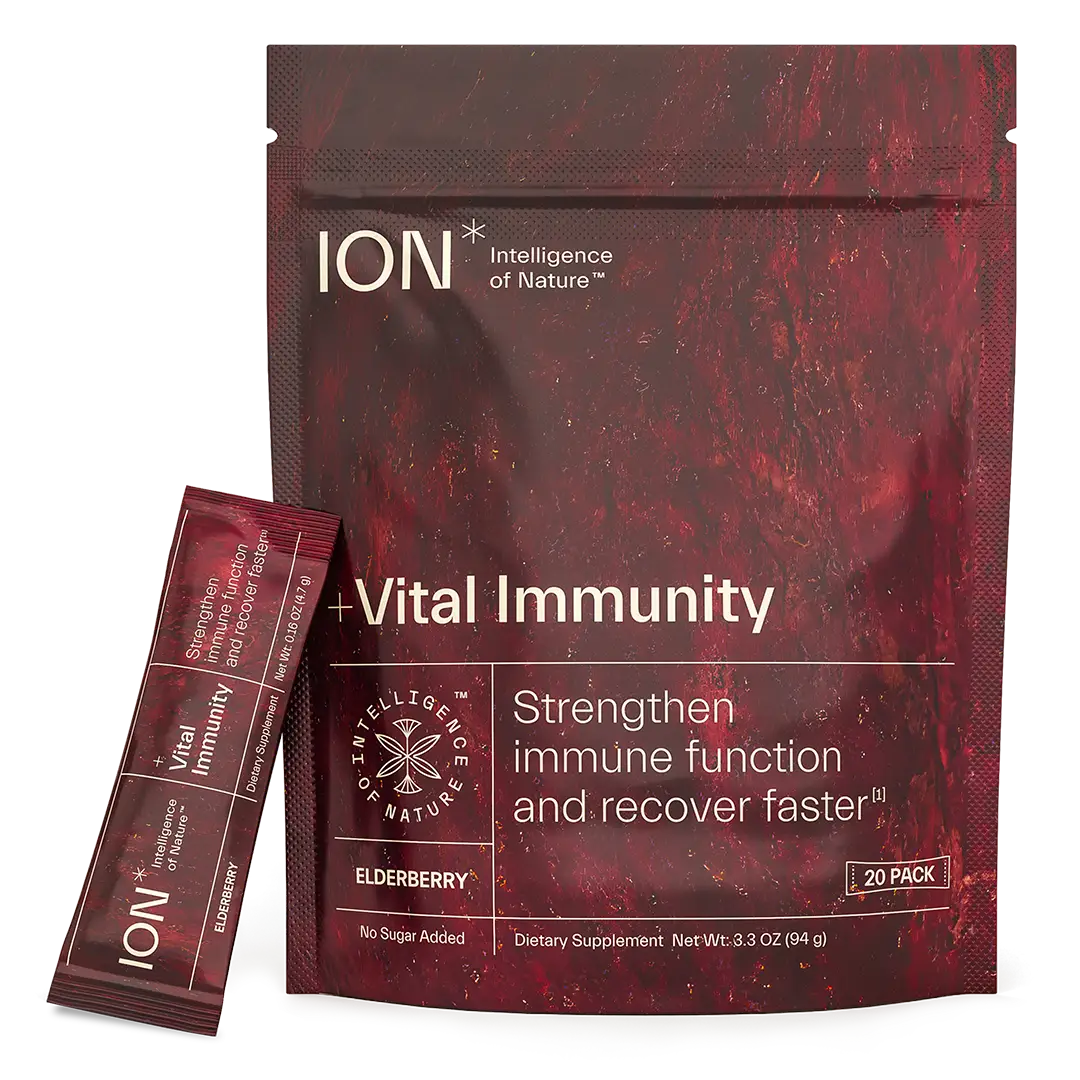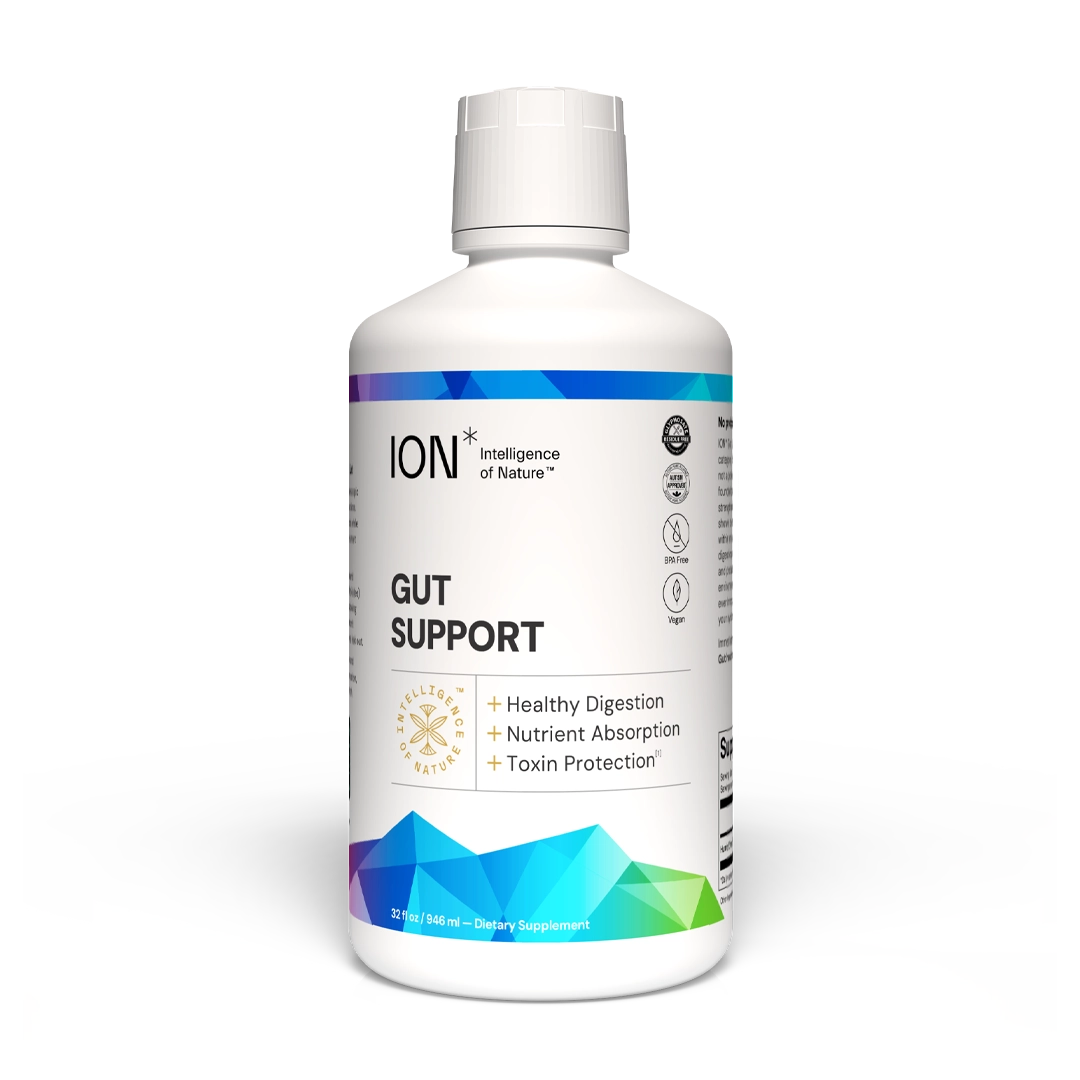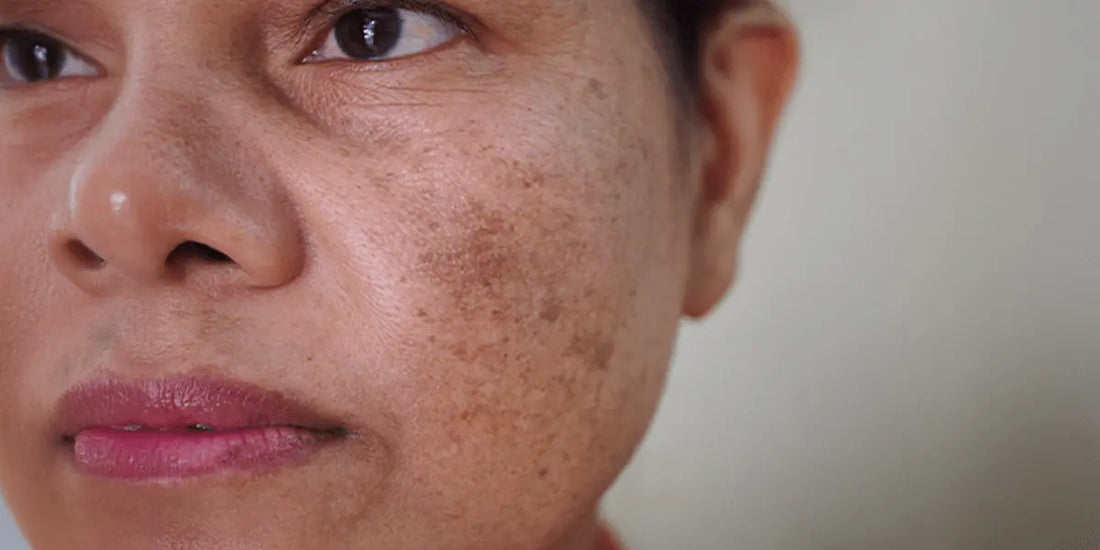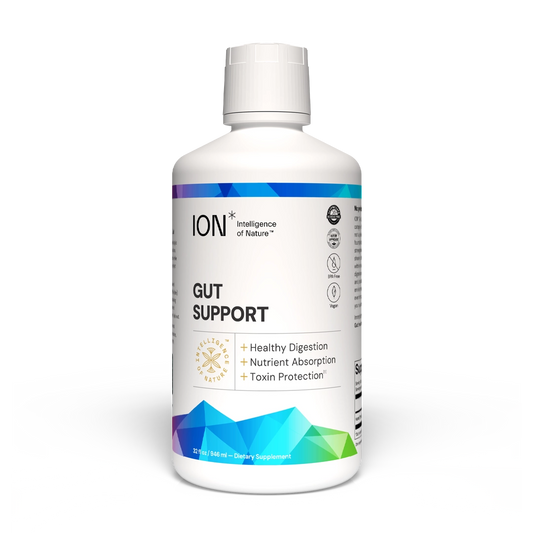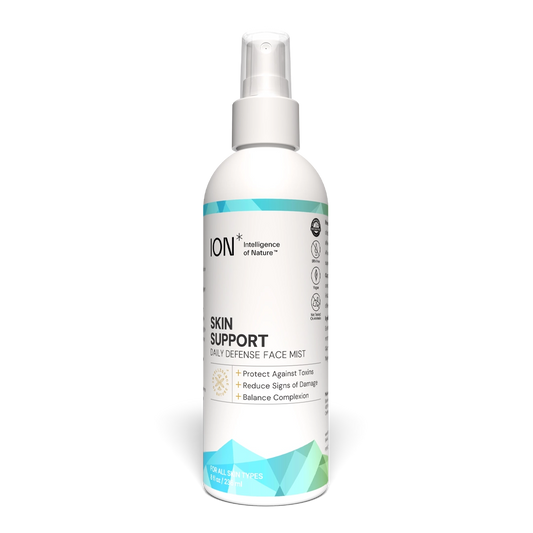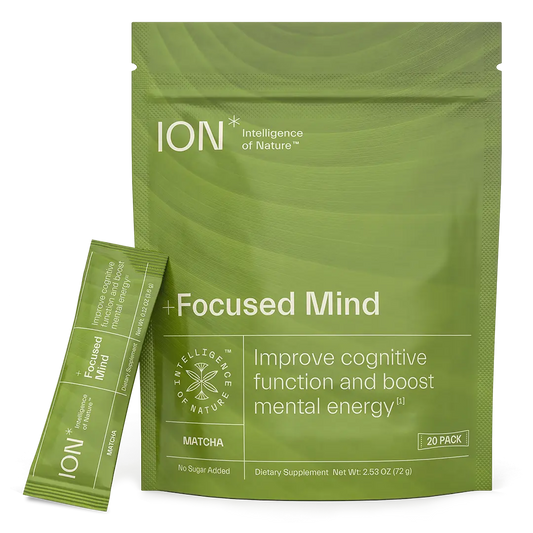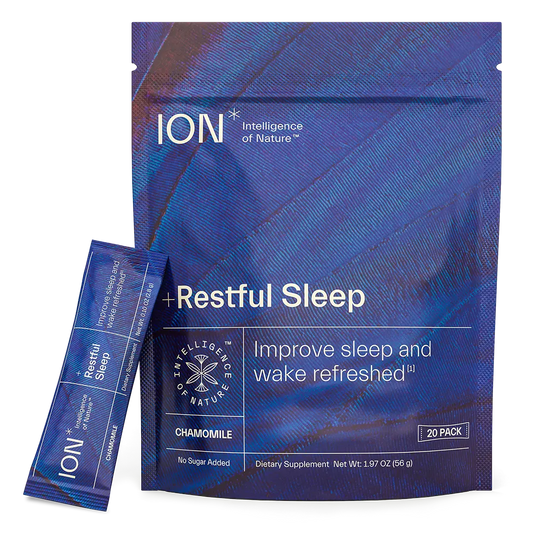Dark spots, sunspots, melasma, uneven skin tone...no matter what you call it, hyperpigmentation is one of the most common skin concerns. It’s also one of the most misunderstood.
If you’ve tried everything from brightening serums to chemical peels and still haven’t seen lasting results, it may be time to look deeper, all the way to your skin’s cellular biology. Because while many treatments work on the surface, the real root causes of hyperpigmentation often begin within the skin barrier itself.
In this article, we’re diving into the science of what actually causes uneven skin tone, including the roles of melanin, inflammation, and oxidative stress (ROS), and how a deeper, barrier-first approach can help restore balance.
What Is Hyperpigmentation?
Hyperpigmentation is the result of excess melanin, the natural pigment that gives your skin its color. Your body produces melanin to protect your skin from damage, especially from UV radiation. But sometimes, your melanocytes (melanin-producing cells) get a little too protective.
When these cells are overstimulated, often by UV exposure, pollution, inflammation, or hormonal changes, they produce more melanin than needed, causing dark spots or patches that can linger for months or even years.
Melanin Isn’t the Problem, It’s the Overstimulation
Melanin itself isn’t bad. In fact, it plays a vital role in skin protection. But problems arise when the signals that trigger melanin production become dysregulated.
One of the biggest culprits? Reactive oxygen species (ROS), also known as free radicals.
Every day, your skin faces environmental stress: sunlight, pollution, harsh skincare ingredients, and even internal stress. These all create ROS, unstable molecules that can damage cells, accelerate aging, and yes, trigger melanin production.
When your skin is under oxidative stress, it sends signals to melanocytes to produce more pigment as a protective measure. Over time, this leads to uneven pigmentation, sunspots, and dull, blotchy skin tone.
What makes it worse? ROS also degrade your skin’s structural integrity by damaging collagen and disrupting tight junctions, the protein structures that keep your skin barrier strong and balanced. When that barrier is compromised, your skin becomes more vulnerable to inflammation, dehydration, and further discoloration.
The Role of Inflammation in Uneven Skin Tone
Inflammation, whether from acne, irritation, or chronic stress, also plays a major role in hyperpigmentation. This condition, called post-inflammatory hyperpigmentation (PIH), is especially common in deeper skin tones.
Inflamed skin produces cytokines and other inflammatory messengers that can stimulate melanin overproduction. And once the pigment settles in, it can be incredibly slow to fade without proper support.
That’s why truly addressing hyperpigmentation requires more than just targeting dark spots after they appear, it’s about reducing oxidative stress, calming inflammation, and supporting barrier integrity at the source.
How ION* Skin Support Helps Balance and Brighten
ION* Skin Support works with your skin’s natural biology, helping to restore balance from the inside out.
Here’s how:
1. Reduces Oxidative Stress
ION* Skin Support has been shown to increase glutathione levels, one of the body’s most powerful antioxidants. Glutathione neutralizes ROS, helping to prevent the free radical damage that triggers melanin overproduction in the first place.
2. Supports Tight Junction Integrity
Our formula works with keratinocytes, the main skin barrier cells, to support and strengthen tight junctions. A stronger barrier helps keep moisture in, irritants out, and inflammation under control, all critical for an even, radiant complexion.
3. Calms the Inflammatory Cascade
By supporting healthy cellular communication, ION* Skin Support helps interrupt the cycle of inflammation and pigment production, giving your skin the space it needs to rebalance.
The result? Skin that’s not just brighter on the surface, but healthier and more resilient at a cellular level.
You Don’t Need to Fight Your Skin, You Just Need to Support It
Hyperpigmentation is complex, but the science is clear: when you reduce oxidative stress, calm inflammation, and support barrier integrity, you give your skin the tools it needs to maintain a balanced tone; no harsh treatments required.
ION* Skin Support offers a gentle yet powerful way to support your skin’s natural defenses and encourage a brighter, healthier appearance from the inside out.
Because true skin radiance starts with strong skin function, and a barrier that knows how to protect, repair, and thrive.
Sources:
Brandner, J.M., et al. “Epidermal Tight Junctions in Health and Disease.” Tissue Barriers, vol. 3, no. 1–2, 2015. https://doi.org/10.4161/21688370.2014.974451
Elias, P.M., and J.S. Wakefield. “Mechanisms of Barrier Repair Following Acute Skin Barrier Disruption.” Skin Pharmacology and Physiology, vol. 27, no. 6, 2014.
Fisher, G.J., et al. “Mechanisms of Photoaging and Chronological Skin Aging.” Archives of Dermatology, vol. 138, no. 11, 2002. https://doi.org/10.1001/archderm.138.11.1462
Pullar, J.M., Carr, A.C., and Vissers, M.C.M. “The Roles of Vitamin C in Skin Health.” Nutrients, vol. 9, no. 8, 2017. https://doi.org/10.3390/nu9080866
Sander, C.S., et al. “Photoaging Is Associated with Protein Oxidation in Human Skin In Vivo.” Journal of Investigative Dermatology, vol. 122, no. 5, 2004. https://www.jidonline.org/article/S0022-202X(15)41617-3/fulltext
Watanabe, M., Ishikawa, H., and Kamei, K. “Suppression of UVB-Induced Oxidative Stress by Glutathione.” Free Radical Biology and Medicine, vol. 37, no. 10, 2004.
